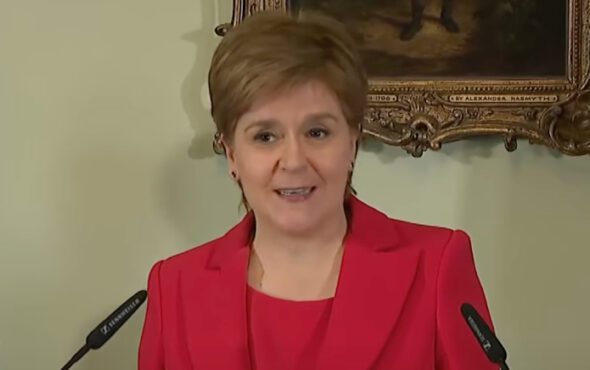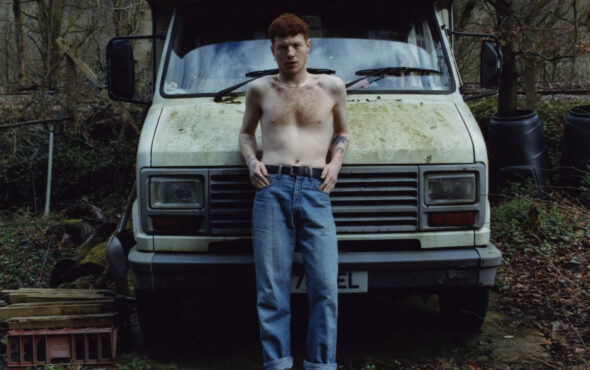
Nicola Sturgeon has announced she is resigning as Scotland’s First Minister after eight years in the role.
The Scottish National Party (SNP) leader has been hailed as a champion of LGBTQ+ rights, and in December oversaw a landmark bill aimed at making it easier to legally change gender.
Here are all the details:
What trans policy changes did Sturgeon bring?
Sturgeon in 2021 announced plans to reform Scotland’s process for changing gender.
The bill, passed in December, made Scotland the first British nation to introduce a self-identification process for legal gender changes, removing the need for a medical diagnosis. It also lowered the minimum age of transitioning from 18 to 16.
But the British government blocked it from taking effect, marking the first time it has invoked the power to veto Scottish law.
Sturgeon said she would fight the decision, saying trans people were being “weaponised” in politics.
The row has turned a spotlight on Scottish trans issues with Sturgeon also facing questions over Isla Bryson, a trans woman convicted of rape who was initially placed in a woman’s prison.
Bryson was later transferred to a male prison after concerns were raised over the safety of other inmates, and the government said trans prisoners with a history of violence against women would not be housed in women’s jails going forward.
What has the reaction been?
Scotland’s gender recognition was widely welcomed by LGBTQ+ rights groups and advocates, who said the law would help protect trans people and improve their quality of life.
Charities including Amnesty International and Rape Crisis Scotland signed a letter of support for the bill in January and rejected suggestions it would undermine women’s rights.
With Scottish trans policy under scrutiny, Sturgeon faced questions over Bryson’s case. A review by the Scottish Prison Service later found no female prisoners were put at risk.
Where does Sturgeon stand on other LGTBQ+ issues?
As Deputy First Minister, Sturgeon helped steer through laws allowing equal adoption rights for same-sex couples in 2009 and same-sex marriage in 2014.
As First Minister, Sturgeon in 2018 became the first serving British leader to lead an LGBTQ+ Pride march.
The same year, the Scottish government passed a bill pardoning gay and bisexual men who were convicted for consensual sex under historic laws, with Sturgeon offering a personal apology.
Multiple British LGBTQ+ organisations thanked Sturgeon for being an ally during her political career in the wake of her resignation announcement.
What did Sturgeon say while resigning?
During a press conference in Edinburgh on Wednesday, Sturgeon said she was standing down because she believed a fresh face was needed to help reach across political divides and build support for the SNP’s core policy of Scottish independence.
She said short-term issues such as policies over trans prisoners were not “the final straw” which pushed her to go.
However, Sturgeon said she regretted not being able to bring a more “rational approach” to the ongoing debate over trans issues in Scotland.
“I will always be a voice for inclusion, for equality, human rights and dignity,” Sturgeon said.
“I have been, am, and will always be a feminist. I will fight for women’s rights and I will stand up against threats to women’s rights every day that I have breath in my body.
“But I will also stand up for any stigmatised, discriminated against, marginalised and vulnerable group in society.”
Reporting by Lucy Middleton.
GAY TIMES and Openly/Thomson Reuters Foundation are working together to deliver leading LGBTQ+ news to a global audience.



